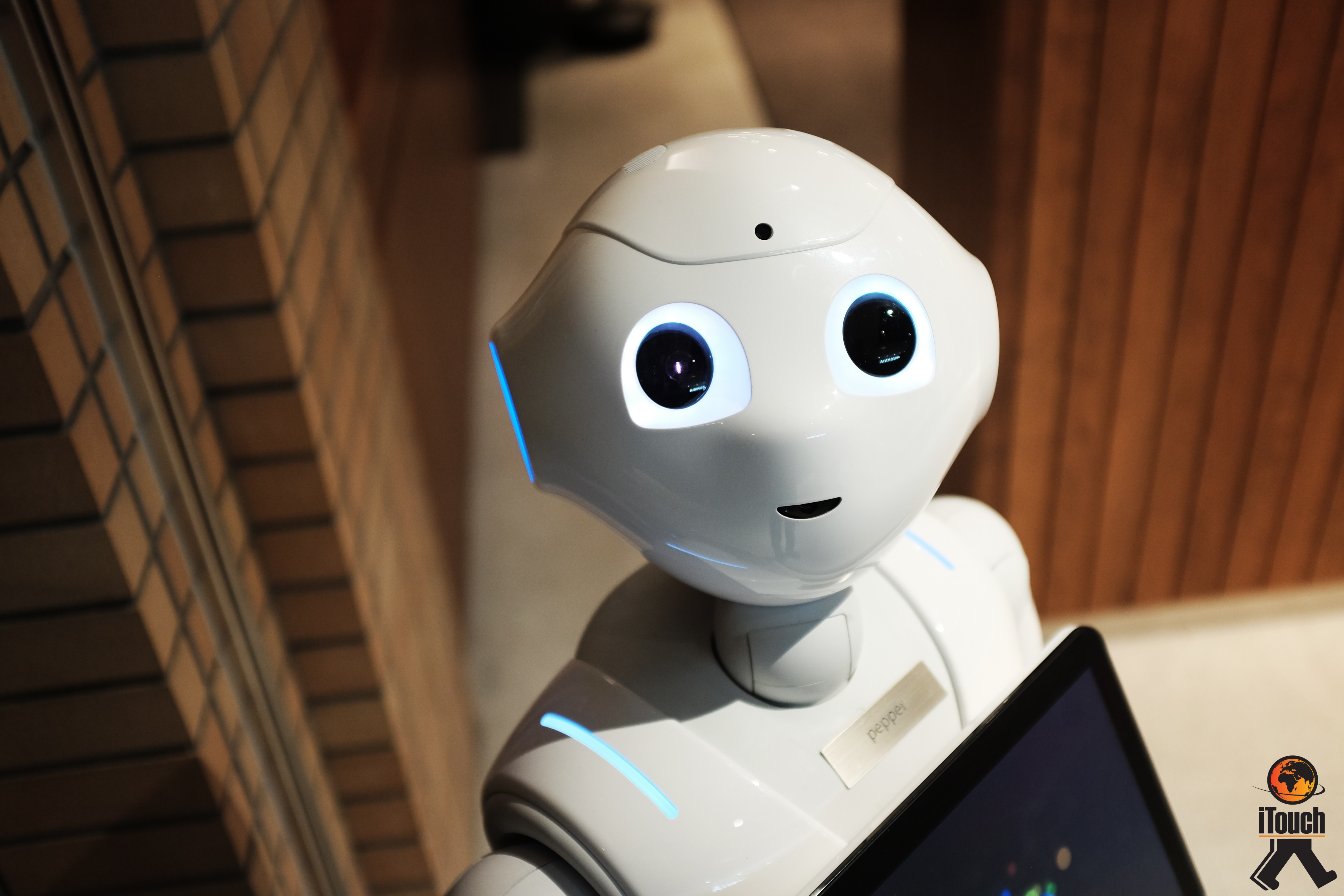The phrase ‘the fourth Industrial Revolution’ sends many into a tailspin of panic; with its future of mobile supercomputing, intelligent robots, self-driving cars, neuro-technological brain enhancements and Genetic editing. However, few of us seem to have a firm grasp of what it is.
With it's future imminent and coming at exponential speed, let’s look at what this next phase means for South Africa.

What is the Fourth Industrial Revolution (4IR)?
The Fourth Industrial Revolution is distinguished by a range of new technologies that are merging the physical, digital and biological worlds, impacting all disciplines, economies and industries, and even challenging ideas about what it means to be human.
Professor Klaus Schwab, Founder and Executive Chairman of the World Economic Forum, is convinced that we are at the beginning of a revolution that is profoundly changing the way we live, work and relate to one another.
While previous industrial revolutions set humankind free from animal power, made mass production possible and brought digital capabilities to billions of people. The world now has the potential to connect billions of more people to digital networks, dramatically improve the efficiency of organizations and even manage assets in ways that can help regenerate the natural environment, potentially undoing the damage of previous industrial revolutions.
Some of the risks
No revolution comes without risks. One of the main concerns being joblessness and the social effects of this are devastating. New technologies threaten to heighten current inequalities, both within and between countries. For example, the 4IR of Mining means driverless trucks and robots, all fully digitised, conducting non-invasive mining. A large proportion of the nearly 500 000 people employed in South African mining alone may stand to lose their jobs.
New technologies may further concentrate benefits and value in the hands of the already wealthy and those who didn’t benefit from earlier industrialisation, risk being left even further behind.
Where does South Africa fit in?
Schwab believes that the South African government needs to focus on looking first at the needs of citizens, and ask: “What are the perennial issues that we have that this revolution and these technologies might open up new solutions and more efficient solutions for?”
The second thing is setting the framework for the use of artificial intelligence in the economy, which gives certainty to entrepreneurs about how they can operate. It gives them the space to do so. Also, work hard on public data sets to ensure that when people are developing applications or services that rely on artificial intelligence, data is readily available.
At the heart of Schwab's analysis is the conviction that the Fourth Industrial Revolution is within the control of all of us as long as we can collaborate across geographies, sectors and disciplines to grasp the opportunities it presents.
In particular, Schwab calls for leaders and citizens to
“shape a future that works for all by putting people first, empowering them and constantly reminding ourselves that all of these new technologies are first and foremost tools made by people for people.”
Looking ahead
A bright blue container in the middle of Tembisa on the East Rand is a seemingly unlikely place to find an example of the fourth industrial revolution. Inside is a group of children wearing large, grey goggles. They’re experimenting with how 4IR can work.
The container was put in place earlier this year by Nokia South Africa as a test case for a “virtual-reality-enabled remote classroom”. There are no teachers in the container, just children with notepads and virtual reality headsets into which a teacher somewhere else in the world can supervise what learners are doing.
The simplicity of the system means possibilities are endless — any classroom can be kitted out with headsets, a TV screen and a camera for the teacher to see the learners. Although the container is only a test case in how 4IR can work, it is showing how the technology that we already have can help to solve the problems that make learning difficult.
Senior Researcher in Natural Resource Governance (Africa) Ross Harvey, believes African governments should be proactive in adopting new technologies and craft inclusive institutions that promote widespread innovation. An ideal that iTouch believes in.
Let us help you reach your customers
Let us deliver your message to your customers with our range of communication solutions. As experts on the African continent, we can devise the perfect communications strategy for your business. We're a trusted partner for many companies as our enterprise messaging, and value-added services offer our clients a robust, scalable solution with global reach.
To find out more about our services contact us here
Sources:
